|
Club Member (and Past President and General Manager) Mr John Wilson met with us to discuss the history and present role of The Christchurch Club, of which Samuel Butler was a prominent early member. Mr Wilson related the infamous story recorded in Shagroons Palace - a record of the Club's History - of Butler's race to Christchurch from Mesopotamia to register his land claim. The club was founded by rural landholders in 1856, and in it Butler mingled with people including Julius Haast, William Rolleston, William Moorhouse and James FitzGerald. The walls of the club are adorned with these men who are more well known to us now as street names and mountains. This was the place of the newly landed gentry. Within a mere 20 years of settlement every inch of Canterbury farmland had been claimed by settlers. These new English colonists had land and therefore, wealth, power and influence. The networks they consolidated at the club, the alliances and allegiances they formed - still hold sway today. The club was especially formed for land owners and farmers and was distinct from the Canterbury Club formed later in 1872 and described as a breakaway club for urban professionals. In other reaches of the city, the many Workingmen's Clubs played equivalent roles in the formation of Christchurch's class based identity, just without the wealth, power or exclusivity of The Christchurch Club. Mr Wilson emphasised the fact that women are now allowed as members and the election of their first female president has recently taken place. The rules around wearing a tie have also now relaxed. One expects the business deals and networking continue. It's a beautiful building, with ornate wooden interiors, and has an intimate and cosy feel. The historic part of the building was designed by Benjamin Mountfort. Mr Wilson says it feels like a home to him. How did Butler fit in here? Educated at St Johns College in Cambridge he was well educated and from a devout family who travelled to Italy on Winter holidays. The success of his novel Erewhon which he wrote back in England, 8 years after his time in New Zealand, catapulted him to literary fame and as a result he is The Christchurch Club's most famous member. A plaque near the entrance on Worcester Boulevard attests to his status with a wry quote from "The Way of All Flesh". But when he was actually a member, he would have been a landowner and sheep farmer, tethering his horse outside the club like everybody else. Was he alone in his desire for an artistic life in addition to his working one? Was Christchurch in the South Island finally the place he could rid himself of his family expectations for a life in the clergy saddled with the "Old Testament" puritanical teachings of his upbringing? What conversations did he have at the bar, now an immaculate and smooth marble countertop with views out to the tennis courts?
0 Comments
Leave a Reply. |
AuthorFree Theatre ChCh Archives
November 2020
Categories |
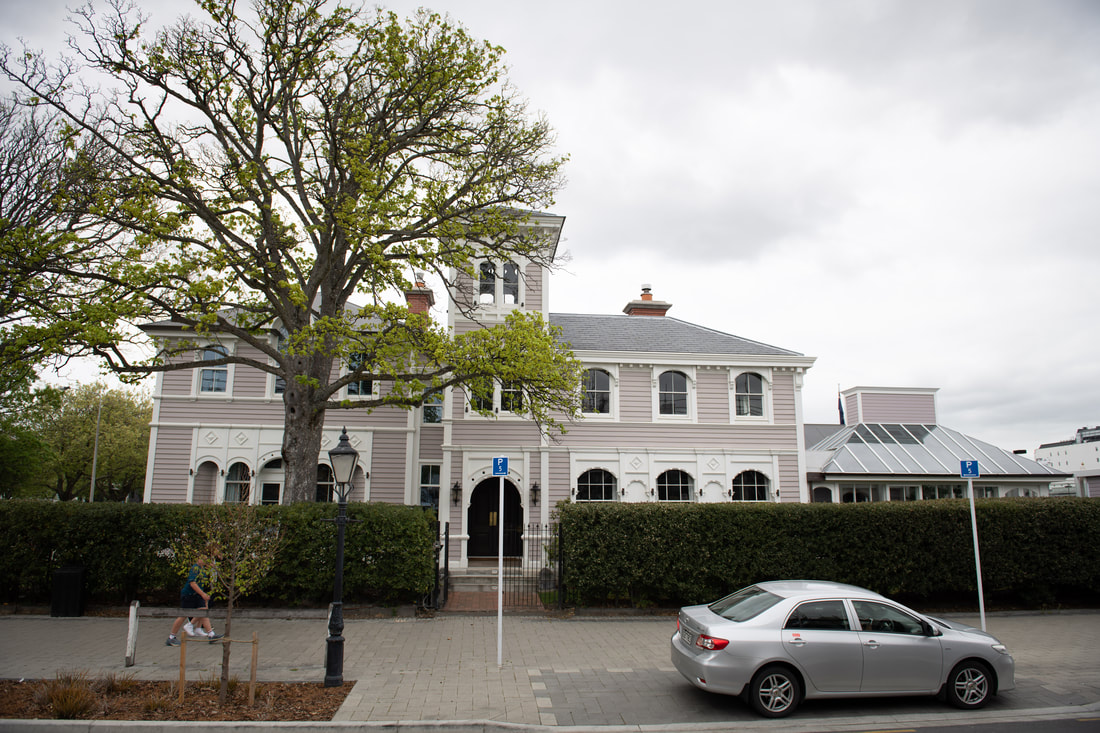
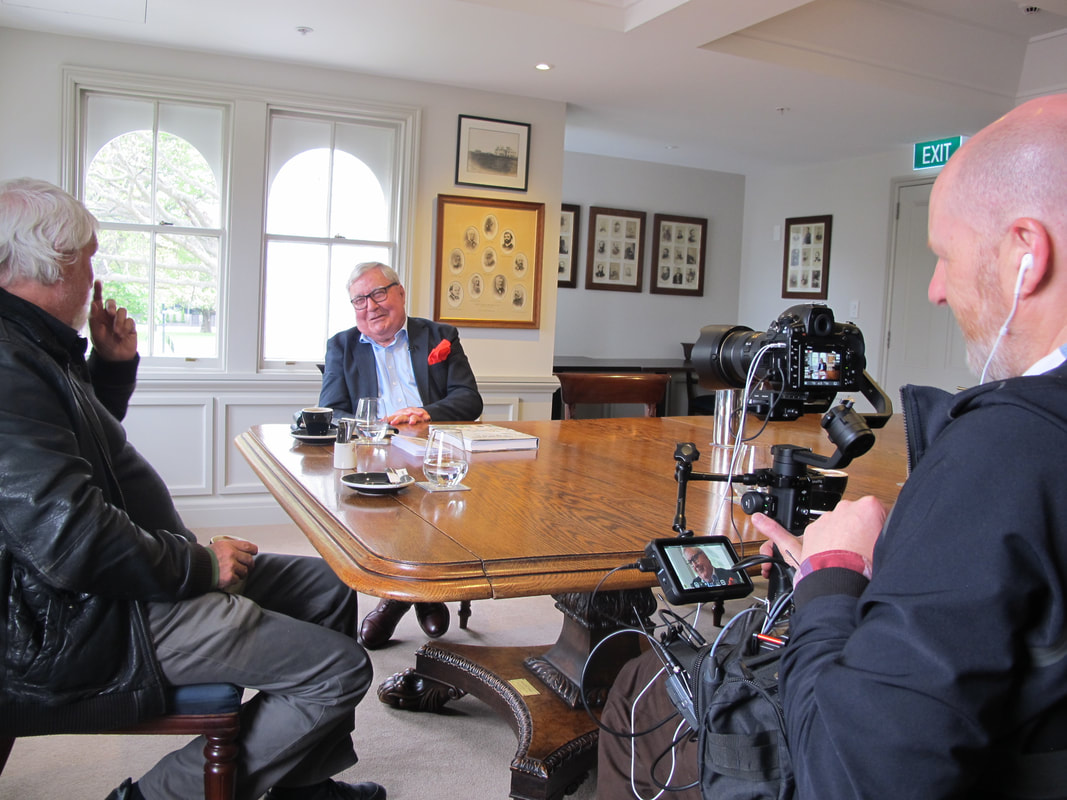
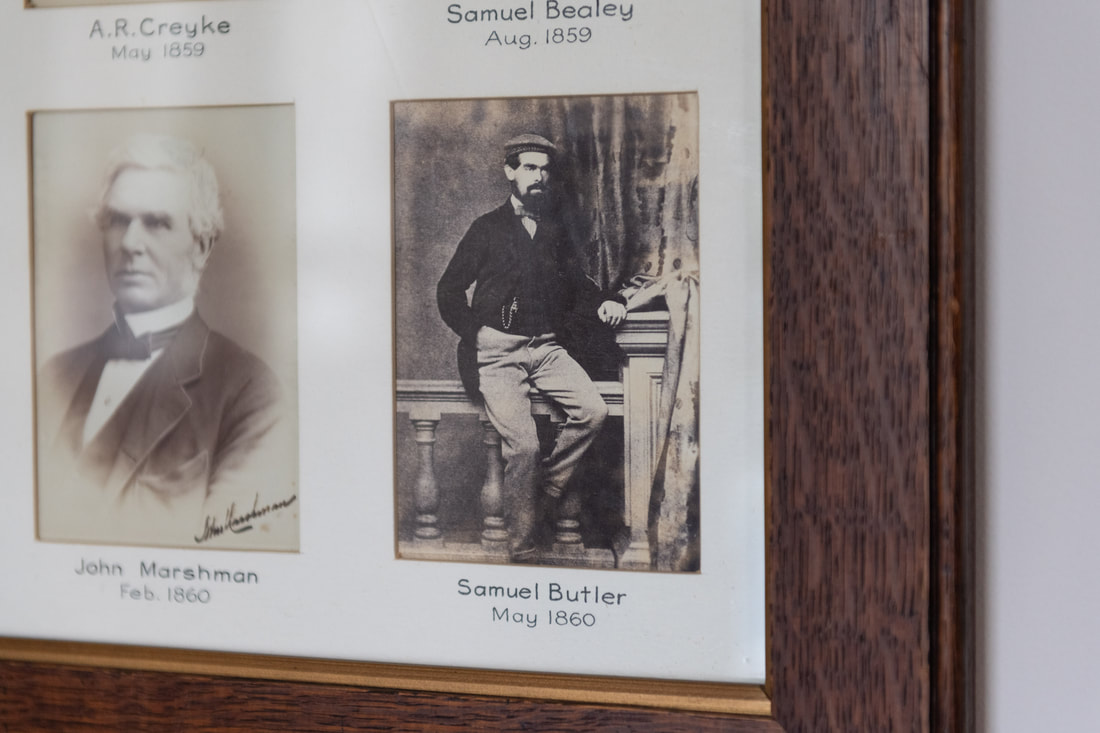
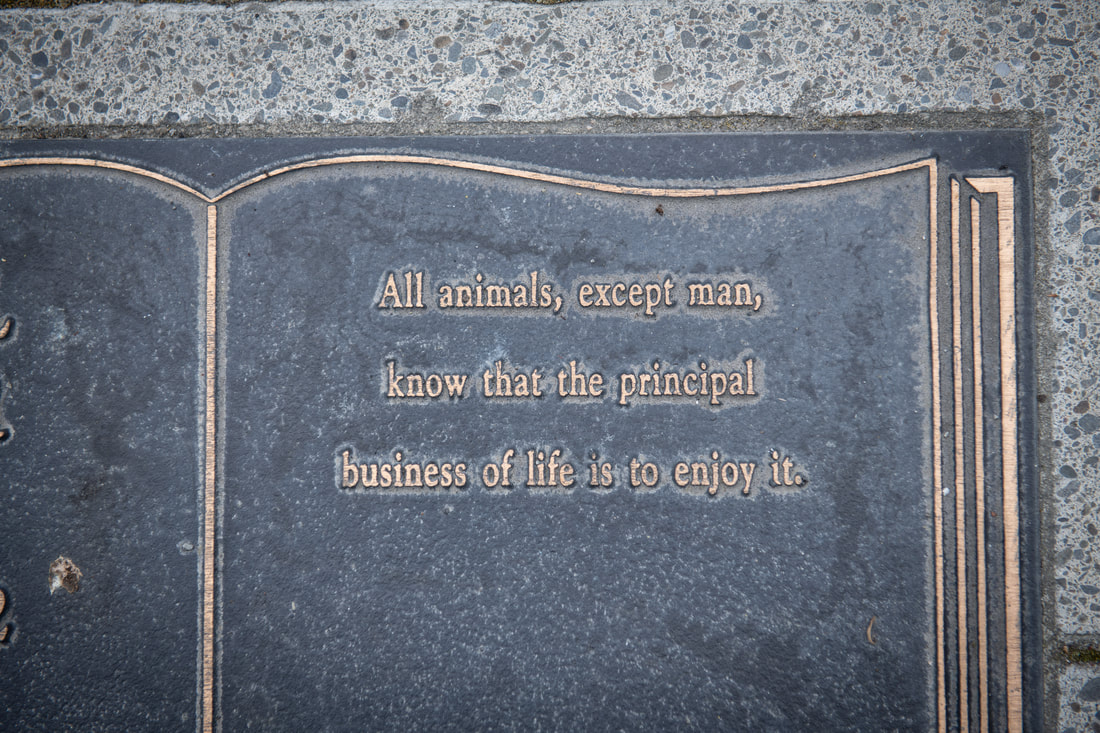
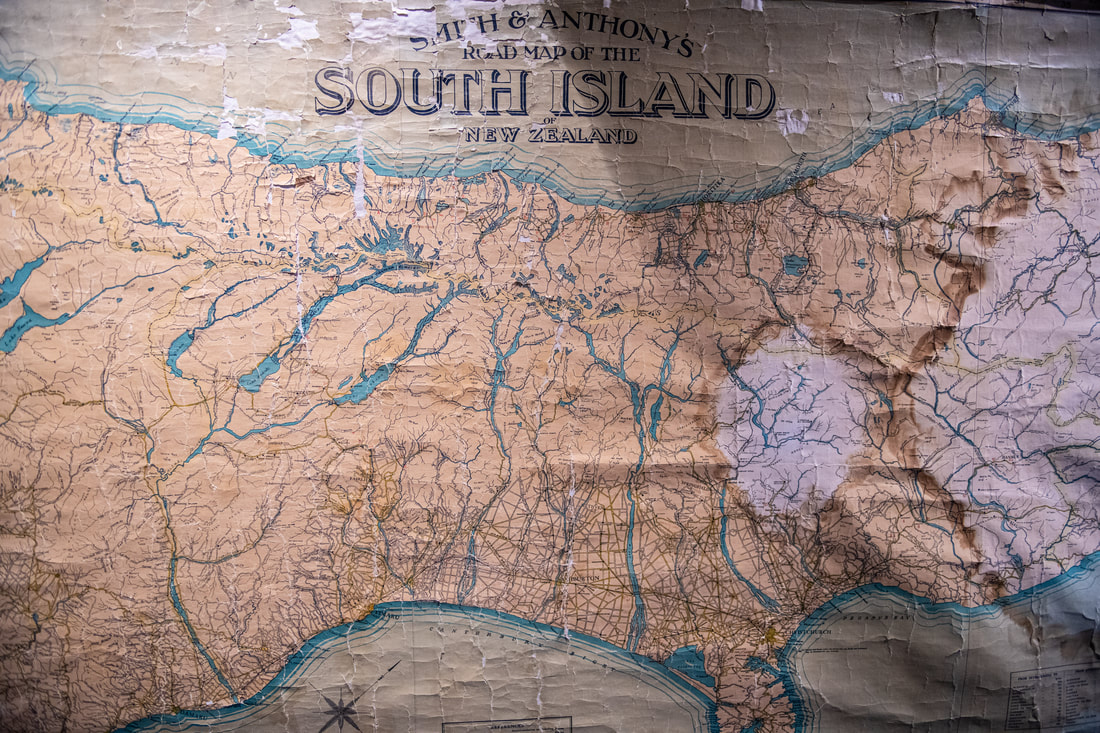
 RSS Feed
RSS Feed
